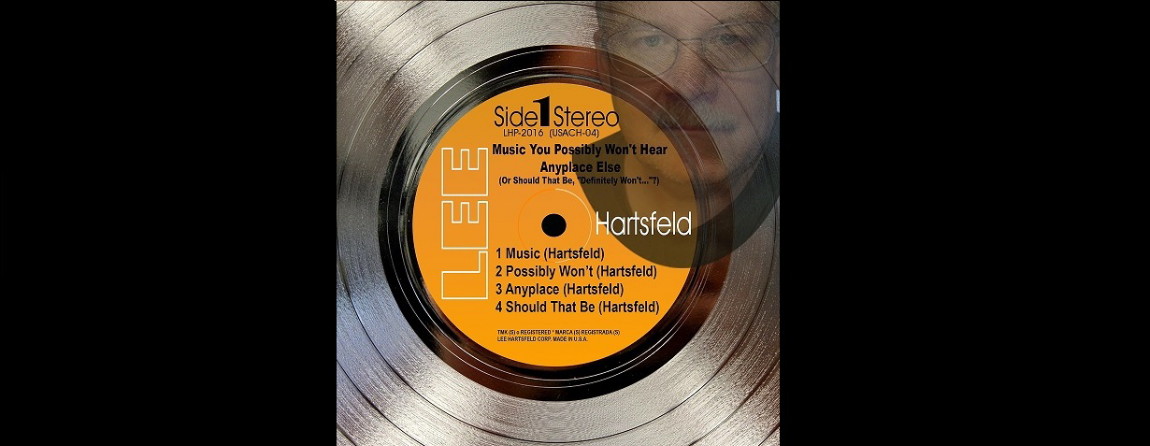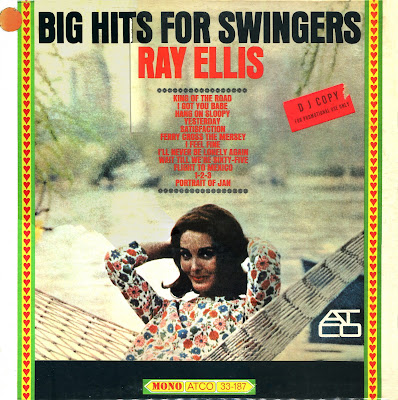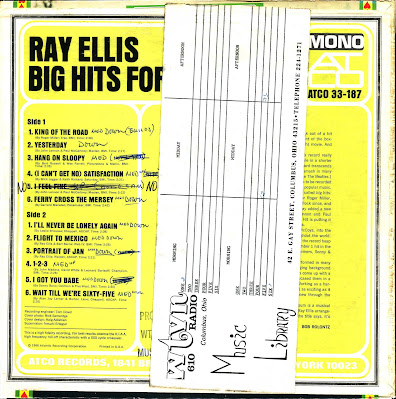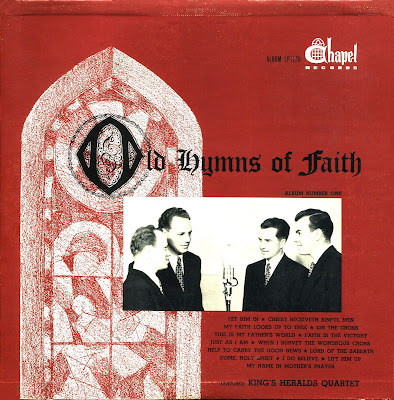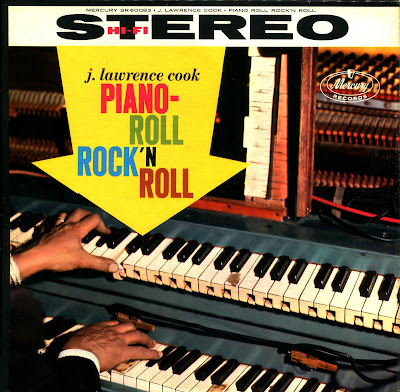I could classify this as easy listening, since a few tracks definitely qualify as such, but I'm going to put this in the category of big band-ized rock and roll. I regard "big band-ized" r&r as an actual genre, and one which lasted for a good five or more years, and often in the realm of record-club boxed sets. Imo, it deserves to be regarded as a movement unto itself, and of course it was all about presenting current pop and r&r songs in a style (or styles) familiar to those who grew up with Glenn Miller, Artie Shaw, and Freddy Martin. There is a Boomer tendency to make fun of any r&r presented outside of its original context, but not only do I see no harm in that sort of thing, I regard it as a tribute to 1960s r&r songwriting--to the adaptability of the songs. But it has to be said, and the sooner the better, that I Got You Babe is an epic misfire, at least here. Had it been arranged for comic effect (with its labored, thudding phrases), that would be another story, but maybe Sonny Bono's song simply can't function outside of its original presentation. And I'm tempted to not put Bono on a par with Leiber-Stoller, Burt Bacharach, Carole King, or John and Paul. Not that Sonny would have cared about my opinion, but...
Meanwhile, what on earth is Wait Till We're Sixty-Five doing here? I mean, the Stones, the Beatles, Roger Miller, the McCoys, and...On a Clear Day You Can See Forever?? I guess there's logic in that thread--if one is hopelessly stoned.
One of WTVN's DJs (see writing on back jacket) gave I Feel Fine a double "No," crossing out the title, to boot (to emphasize the two "No"s). Whereas I think the track works surprisingly well in Ellis' treatment. Unlike Babe, it swings. The other written notes are a little mysterious: "Med Down (Builds)," for example. Medium downtempo would be my guess, with a gradual tempo buildup, maybe. "Med," "Down," "Med Down." Oh, and "Med Up." I wonder what this DJ didn't like about I Feel Fine? The song itself? The treatment? We'll never know.
Maybe another DJ felt rebellious and played the track, anyway.
A little inconsistent in style, but I think this collection mostly fits very nicely into the big band-ized r&r category, and, as I said before, I think that counts as a real-life pop genre, though a genre likely regarded as too trivial to merit a heading. Hey, it's part of the history of 1960s popular music, so it deserves to be documented. Back in February, 2021, I described a group of '60s big band-ized r&r songs as "discotheque selections in the style of Enoch Light on Command and Si Zentner on RCA." I guess I had yet to come up with "big band-ized." Something tells me my label won't catch on, though it works for me.
Don't forget to swing to these. Or at least listen to these in a swinging mode. In the long run, swinging is more attitude than action.
DOWNLOAD: Big Hits for Swingers--Ray Ellis (Atco 33-187; 1966)
King of the Road
Yesterday
Hang on Sloopy
(I Can't Get No) Satisfaction
I Feel Fine
Ferry Cross the Mersey
I'll Never Be Lonely Again
Flight to Mexico
Portrait of Jan
1-2-3
I Got You Babe
Wait Till We're Sixty-Five
Lee
